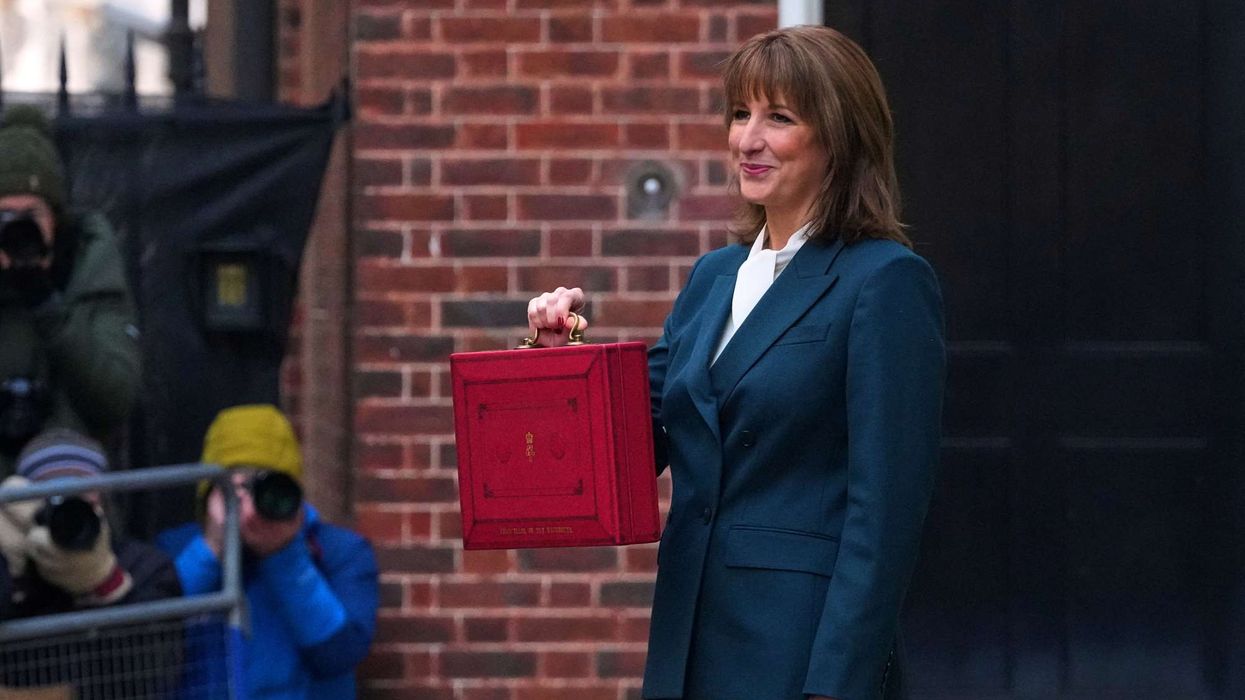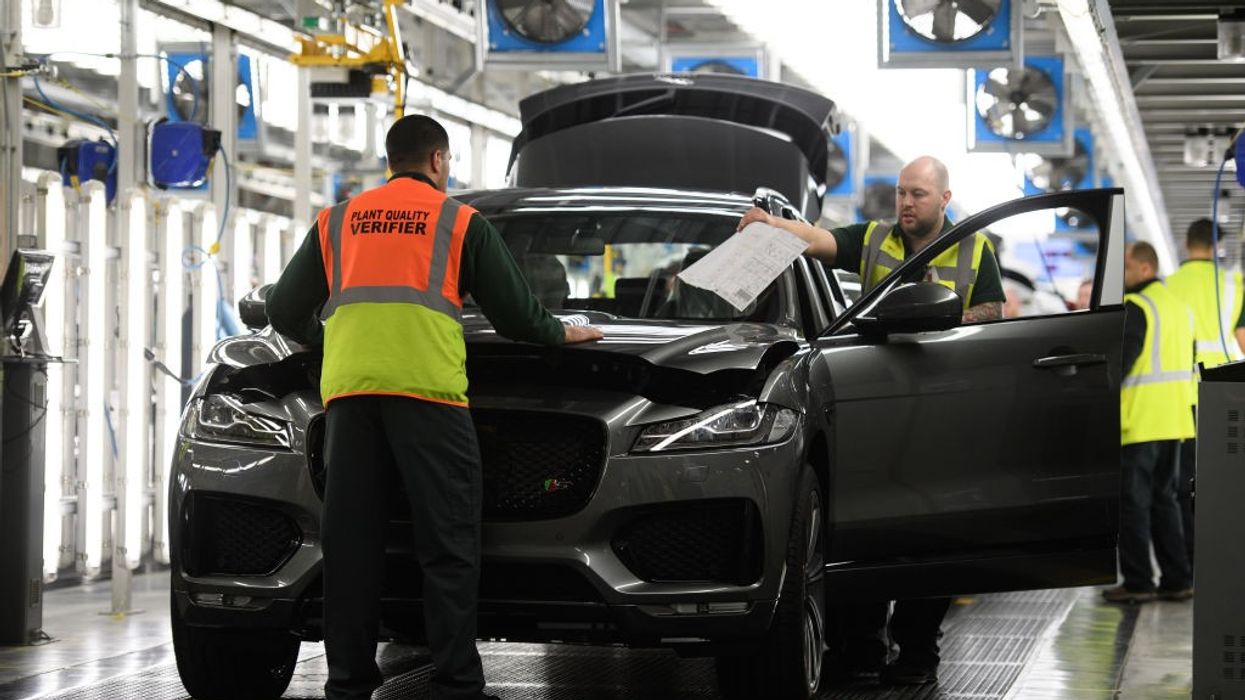THE LABOUR government on Wednesday presented a tax-raising budget aimed at reducing debt and supporting public services, as forecasts show weaker economic growth in the coming years.
Chancellor Rachel Reeves said the plan was intended to show Labour’s credibility with voters and reassure investors about the government’s fiscal approach.
The budget set out a series of tax measures and revised growth projections.
Below are the main points from the annual budget:
Tax rises
Reeves set out billions of pounds in tax increases through to 2030-31, one year after the next scheduled general election.
The tax changes are expected to generate nearly £30 billion in 2030-31 and £26 billion in the previous fiscal year, according to official figures.
It brings "tax take to an all-time high of 38 per cent of GDP in 2030-31," Britain’s budget watchdog said in its report.
Most of the additional revenue will come from the freeze on income-tax thresholds from 2028 to 2031, which will move more workers into higher tax bands.
The extension marks a reversal of Reeves’s previous pledge to raise thresholds in line with inflation.
The budget included higher taxes on gambling and properties valued at more than £2 million, and a mileage-based charge on electric cars.
Local mayors were given authority to introduce a “tourist tax,” and tax benefits on employee contributions to private pensions were capped.
Banks did not face tax increases.
Cost-of-living push
The budget also focused on measures linked to ongoing cost-of-living pressures as UK inflation remains high.
Reeves extended freezes on fuel duty, rail fares and prescription charges, and confirmed above-inflation increases to the minimum wage and pensions.
The government lifted the two-child benefit cap, increasing spending after pressure from Labour MPs.
Growth outlook
The government also revised its economic growth forecasts.
The UK economy is set to perform better than expected this year, but growth is projected to slow more than previously forecast between 2026 and 2029.
Gross domestic product is expected to rise 1.5 per cent in 2025, compared with the earlier forecast of 1.0 per cent given in March, the Office for Budget Responsibility said in a report released accidentally before Reeves presented her budget to parliament.
GDP growth is expected to ease to 1.4 per cent next year and reach 1.5 per cent between 2027 and 2029, the OBR said.
(With inputs from AFP)













